Alright – so today we’ve got the honor of introducing you to Jamie Campbell. We think you’ll enjoy our conversation, we’ve shared it below.
Jamie, appreciate you joining us today. We’d love to hear the backstory behind a risk you’ve taken – whether big or small, walk us through what it was like and how it ultimately turned out.
During the lockdown portion of the pandemic, I did some artistic soul searching. I don’t think I’m in the minority in that category. I mean, the world was shut down. My job was on an indefinite hiatus as we sat with uncertainty, wondering if things would ever return to normal.
I had spent the past decade working constantly as a creative – as a comedian, writer, and actor – just trying to pay the bills, keep my head above water, and attempting to get to the next level. The break that the COVID-related shutdown provided turned out to be exactly what I needed. I don’t want to make light of the pain and devastation caused by the pandemic. I know that it was horrible for so many in a ways I’ll never truly fathom. But, being forced to take a step back, take a break, and evaluate my life was something I may not have done otherwise.
I felt disconnected from my art for a long time. My life had changed in so many positive ways, but my comedy was still cynical, a little mean-spirited, and honestly just didn’t reflect who I was or where I was in my life any longer. When I began doing comedy professionally, I was living just above the poverty line in a rough city and honestly had some mental health issues that I had neglected for years. I spent nearly a decade cutting my teeth and learning about comedy in Chicago and cultivated a stage act that reflected that harshness.
Fast forward another half-decade, and I found myself living in Kansas City, in a financially stable situation, making my mental health a priority. I had met and was about to marry the love of my life and found myself… dare I say it?…..HAPPY. Life had finally gotten good. I was finding ways to help uplift other artists and was starting to get some touring trajectory. The only thing that felt off was the fact that my on-stage act still reflected life as it used to be. It was cynical, angry, and no longer felt true to who I was. The thing is, that act was still funny, and my bookings were increasing. By the time the pandemic hit, I had a calendar full of touring shows that I had to cancel.
So, during lockdown, I decided to re-examine my stand-up. I considered quitting. I mean, I had done it for a decade and, although I was getting bookings, the job wasn’t as satisfying as it once was. I decided that, instead of quitting, I would give myself permission to do comedy on my own terms, and try to create an uplifting, positive show that might help people feel better coming out of the pandemic. After everything we had all been through, the world could use an infusion of joy.
So, I threw out my old material and started fresh. Because of lockdown restrictions, I couldn’t test out most of my material on open mic audiences. I took the leap and applied for a spot at the Kansas City Fringe Festival and wrote a new one man show entitled “Big Dad Energy” that would detail what it is like to get married in your forties and realize that parenthood isn’t going to be in the cards for you. It’s a positive show that allows for moments of vulnerability, and frankly, I was a bit terrified to debut it at that year’s festival.
My fears proved to be unfounded, as the audience loved the show. It was critically-acclaimed and audiences seemed to love it. It even won “Best of Fringe” honors and I was awarded the “Spirit of Fringe” award. Film producer Dylan Edward Allen and director Jacob Alan Clark came to see the show, and eventually became the team that produced and directed it as a streaming special, which is slated to be released later this year. Now, I’m touring the show all over the United States.
I think that it’s important, as an artist, to allow your art to evolve as you change as a person. Audiences that truly see you will take that leap with you.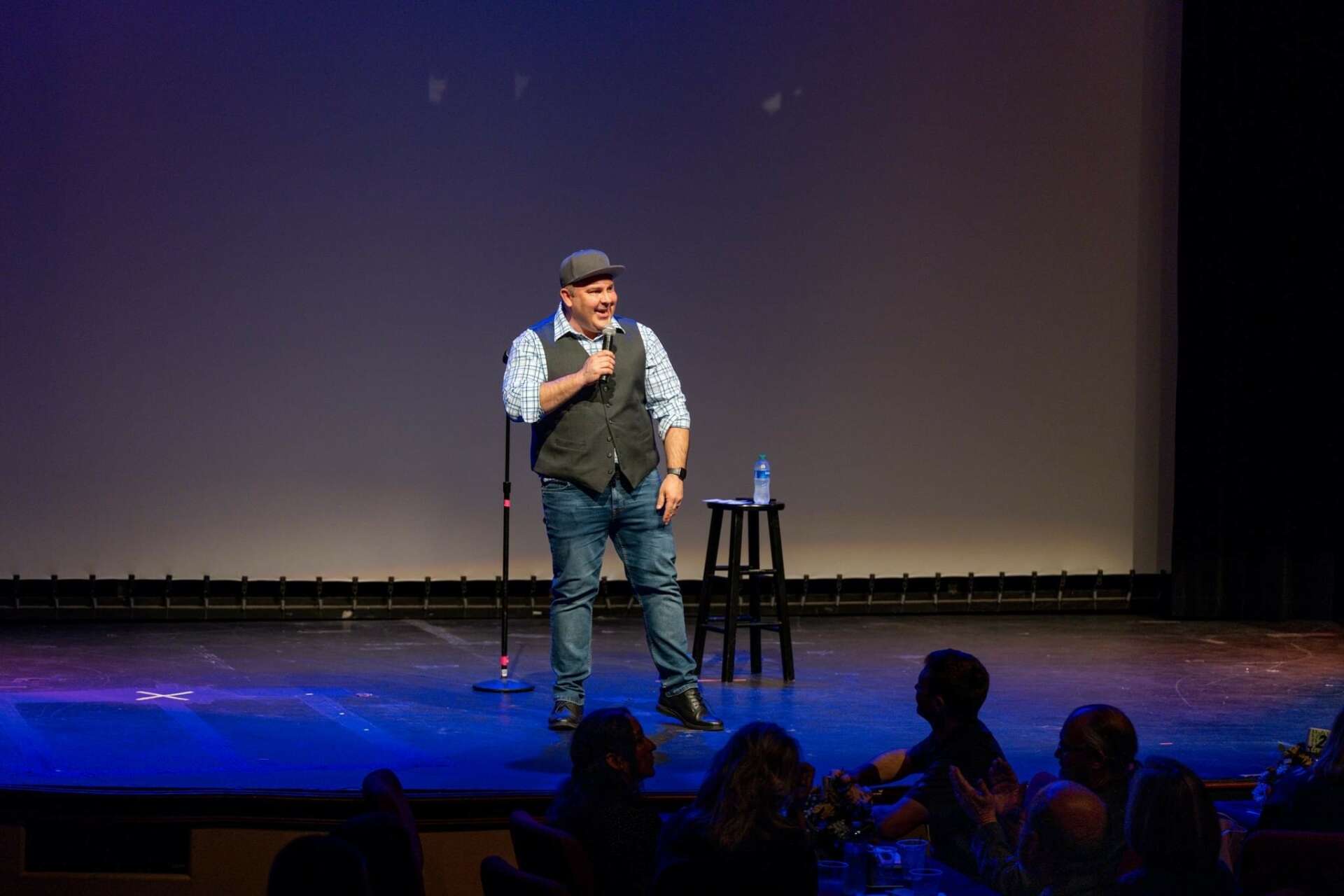
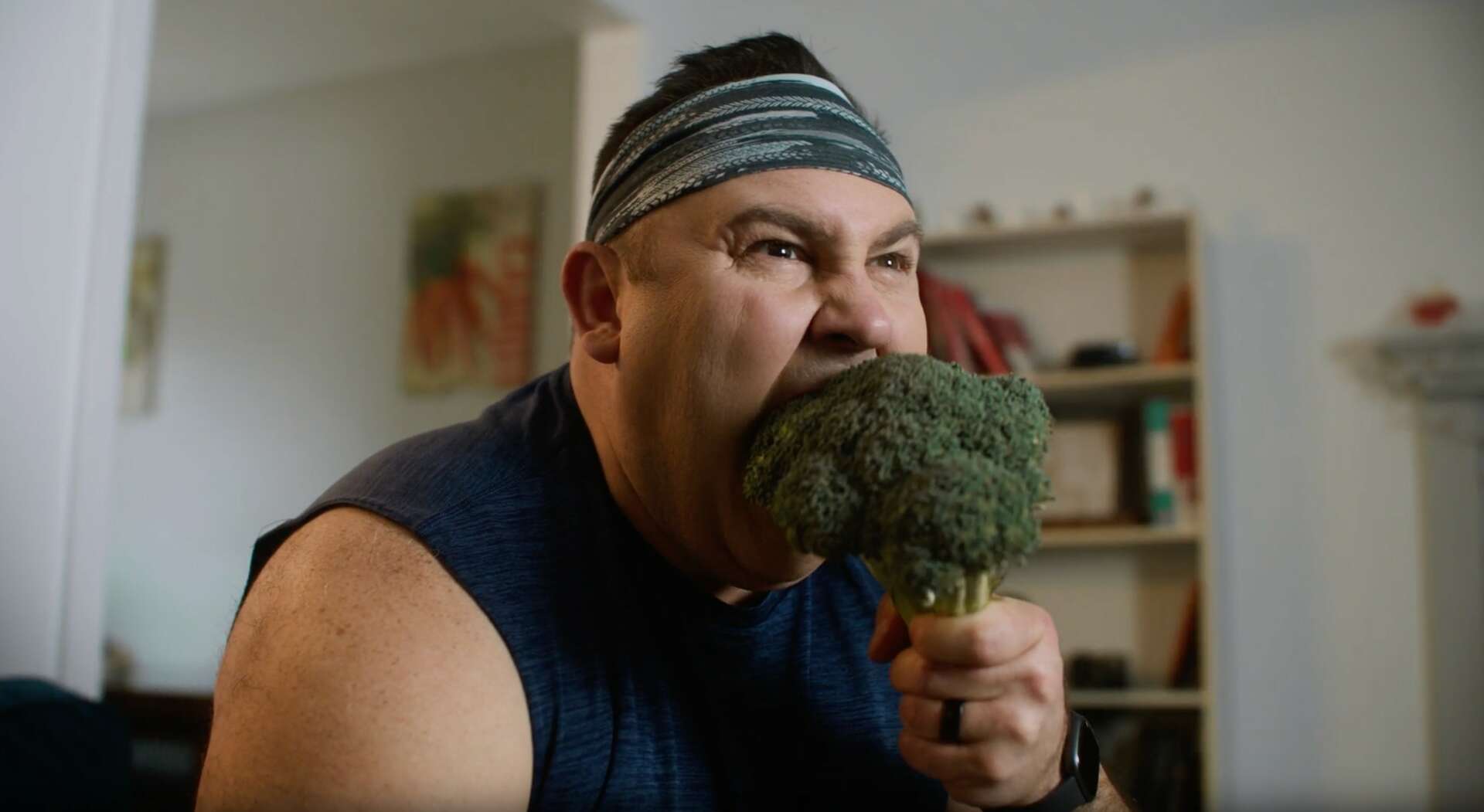
Jamie, love having you share your insights with us. Before we ask you more questions, maybe you can take a moment to introduce yourself to our readers who might have missed our earlier conversations?
I am a multidisciplinary artist who works as a stand-up comedian, actor, improviser, screenwriter, producer, and arts educator. I realize that is a lot of hats to wear, but when you break it down, all of those hats are about human connection, and telling stories.
As an artist, I try to use all of these unique disciplines to examine the various facets of humanity’s quest for joy. As humans – I believe we are all on a quest for joy. This includes all of us in real life as well as the characters we encounter in books and movies. That quest for joy is something I seek to explore in all of my work.
Through my comedy, I’m interested in creating a connection with my audience. I want to operate from a place of joy so that people walk out of one of my performances feeling like they had a collective experience that uplifted them. I want them to go home feeling better than when they walked in. I want them to feel hope.
Through the live experimental shows I produce – my focus is on uplifting other artists and making something special for the audience. I create unique, one of a kind, themed performances that push artists out of their comfort zone in an environment where it’s safe to take a risk. I want artists to come away from one of my shows feeling more capable of their creative abilities than before. I also want these weird, one-of-a-kind shows to exist for a single performance, so that audience members who were there know they experienced something truly special that is theirs and theirs alone.
As a screenwriter, I like to examine joy differently. My writing often goes to darker places than my comedy. I am interested in exploring how far human beings are willing to go to experience joy. What will they do to themselves and each other in order to get what they want? Is there a point of no return where joy drifts out of reach? My goal with these stories is to make people who have dwelt in darkness feel less alone. It’s also a way for me to explore the kind of monsters I hope to never become.
As an actor, I get to step into someone else’s shoes to experience humanity from a different perspective – to briefly live as someone who’s quest for joy is on a different path than my own. I get to view life from someone else’s point of view and I think that helps me to better understand my fellow humans. It also helps me to better understand myself.
As an educator- I teach comedy writing, improv, stand-up, and storytelling – I want my students to know that someone else believes in them, regardless of where they are on their journey. I’ve had teachers who believed in breaking me down, and that almost made me walk away from creating. Art is therapy. Art is healing. Art is not a sport.
I believe the greatest gift we can give our students is a safe space to explore. I don’t believe in artistic failure – I believe we either succeed or we survive. Either way, we grow. Believing in someone is a powerful thing, and many times, may be the thing that allows a person to believe in themselves.
I’m also trying to learn more from others – especially those who are different from me. I want to know what brings them joy and how I can help them on their quest for happiness – not just as an artist, but as a human being. Because my perspective is definitely not the only one worth knowing about.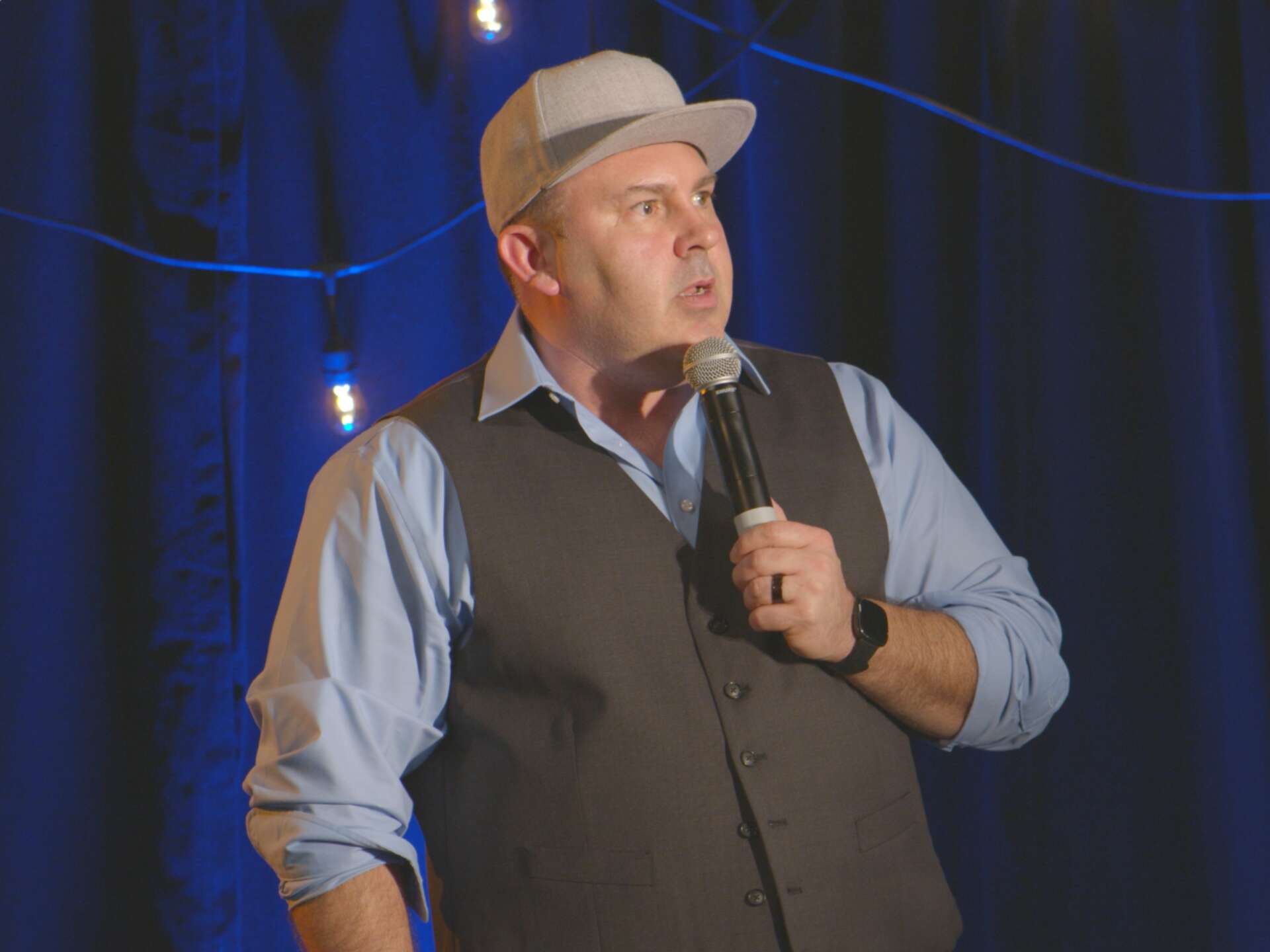
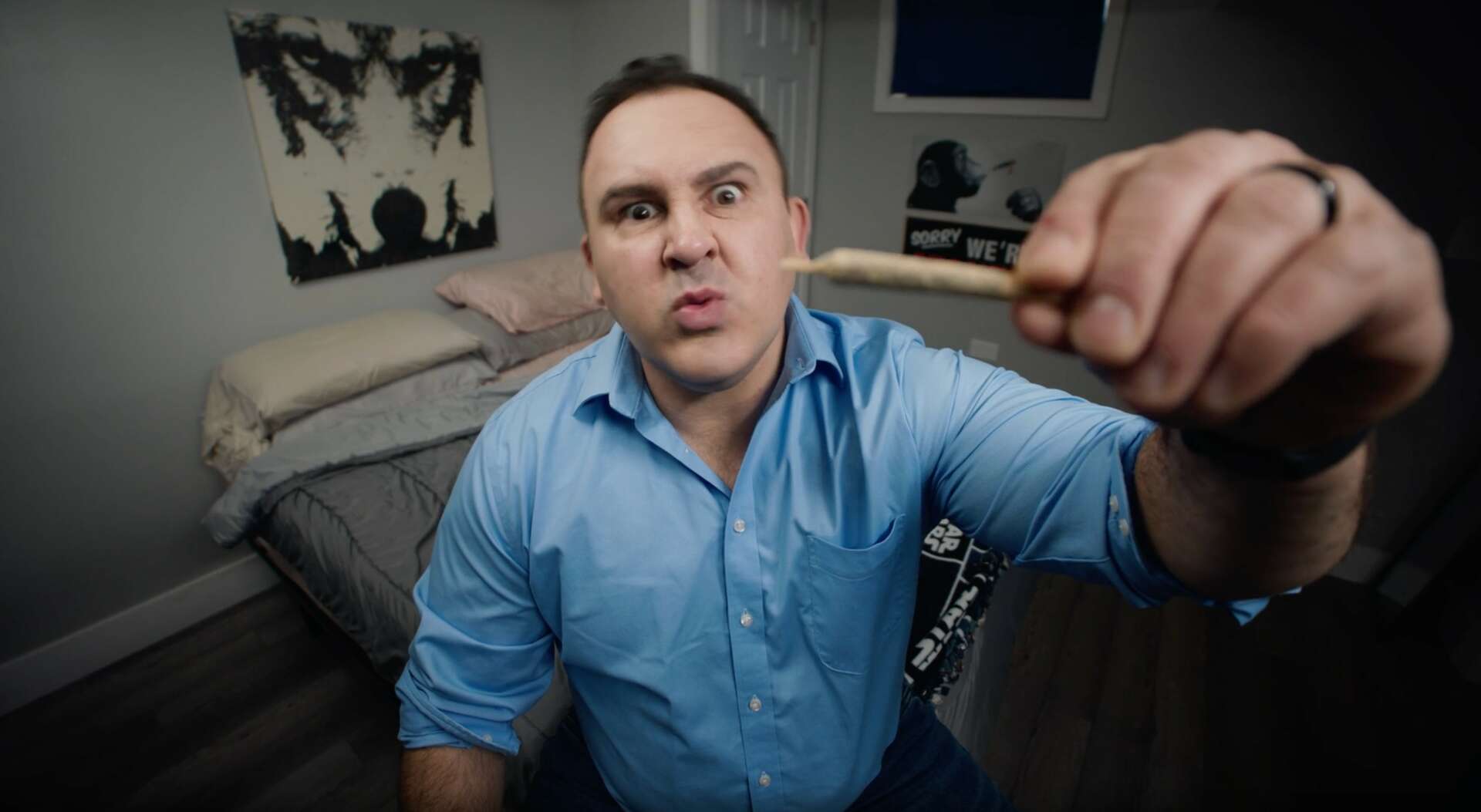
What can society do to ensure an environment that’s helpful to artists and creatives?
Society needs to see art as more than secondary. We often devalue art as a lesser commodity, although we consume art on a daily basis – from television, music, and movies to artisan cuisine, podcasts, street murals, and so much more. Art is what makes our life worth living. But, we have this disconnect between the art we consume and the way we value those who create it.
Society often only values art when it is monetized or distributed on a major platform, and we have a tendency to see our local artists as secondary. Some things that society can start to do to help the next generation of artists is to actively seek out local artists, and when you discover someone you connect with, help others get exposed to their work. Pay for their art and avoid devaluing them simply because they aren’t famous. Share their work on social media and encourage others to connect with them.
Another thing we can do is value the process of creating. As artists, we often get asked what our “end goal” is. People have a hard time fathoming that creating is its own reward. By being an artist, you have “made it.” For me, the goal was always just to be able to create. Sure, I want a bigger platform and a wider audience, but even if I am only connecting on a local level, as long as I am creating on my own terms, I’ve already made it. The dream was to be able to create. I get to do that every day. I am a success. Start seeing your local artists as successful because they are creating. Just doing it is enough. Celebrate that.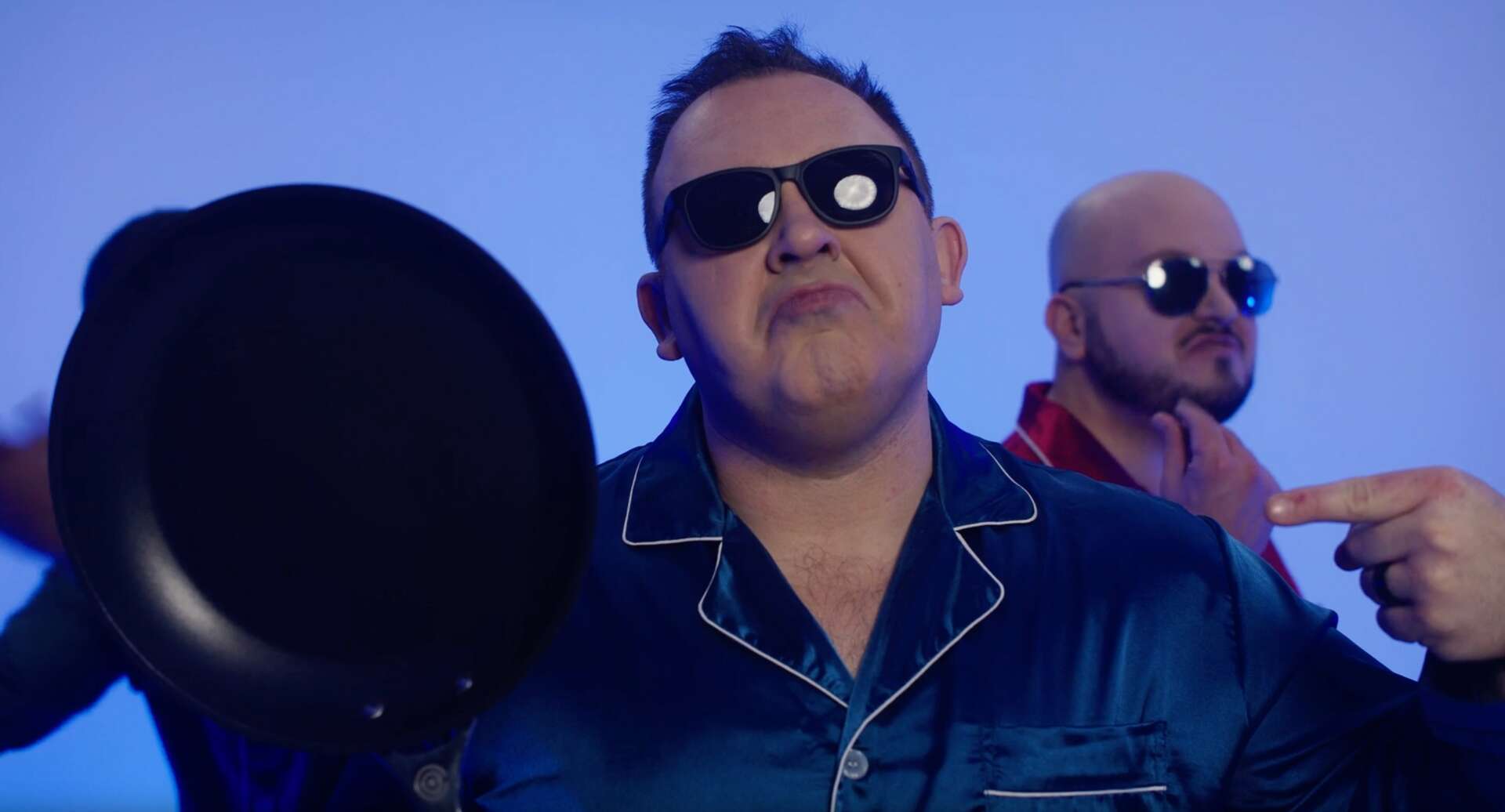
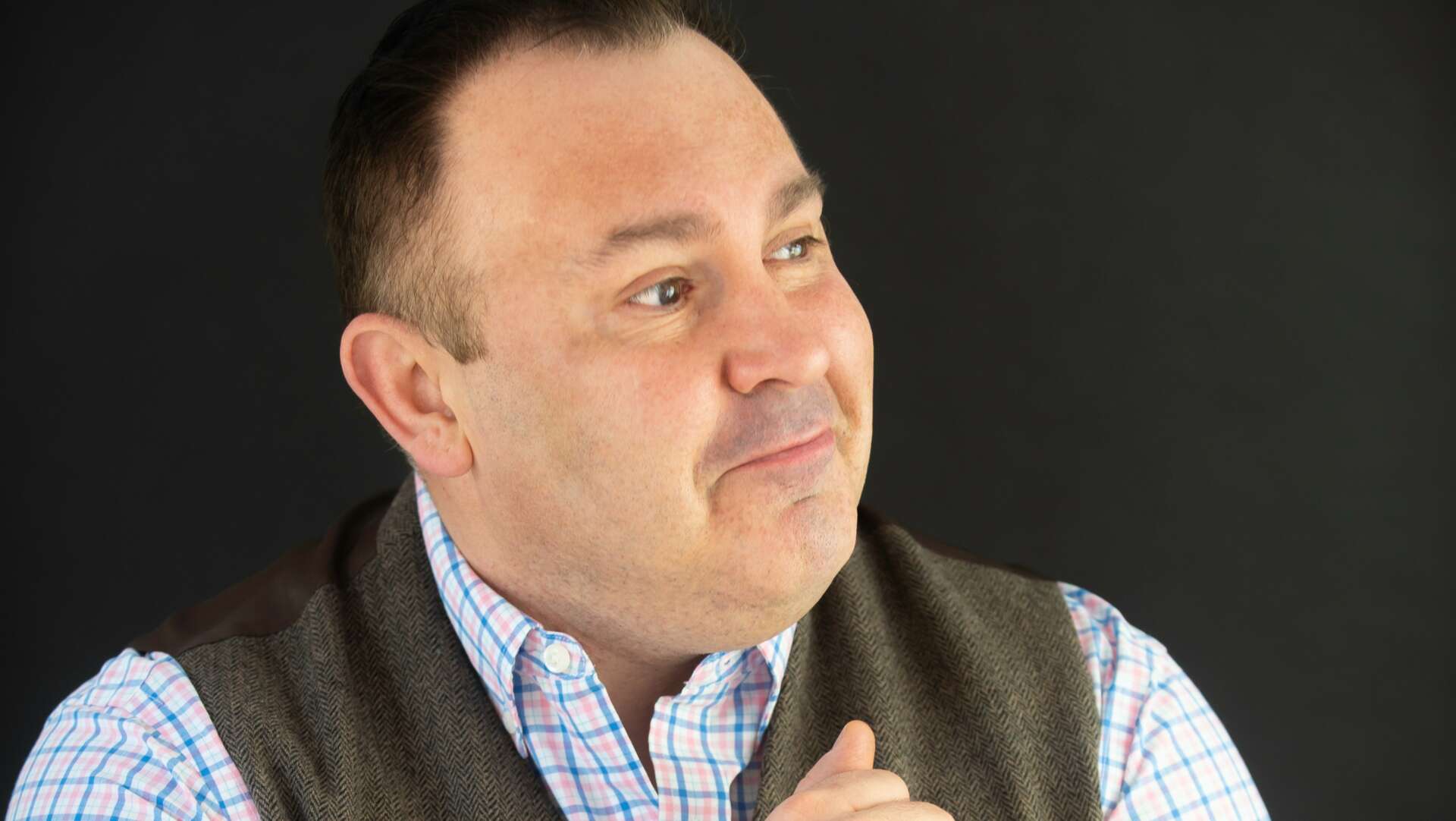
What do you find most rewarding about being a creative?
Being of service is the most rewarding aspect of my work. I love the chance to help other artists create and discover that they are capable of more than they realized. When I lift up other artists, they tend to create work that inspires me and changes the possibilities I see in my own work.
I have found that one of the most rewarding things is to find a way to connect another artist to an opportunity, and to do that without any expectation of reciprocity. Show business can be slimy and full of opportunists. In my career, it got to the point where every time someone offered me an opportunity, I was waiting for them to turn around and expect me to do something for them. There truly was no such thing as a free lunch. So, I vowed that I would help other artists without any expectation that they would return the favor. Since adopting this practice, I’ve found it creates this sense of good will and more opportunities have come my way than ever before. I don’t know if that’s karma, but something I’m doing is working.
The world will never run out of space for art. By creating a space for someone else, you do not limit your own opportunities. I wish I had learned that sooner. 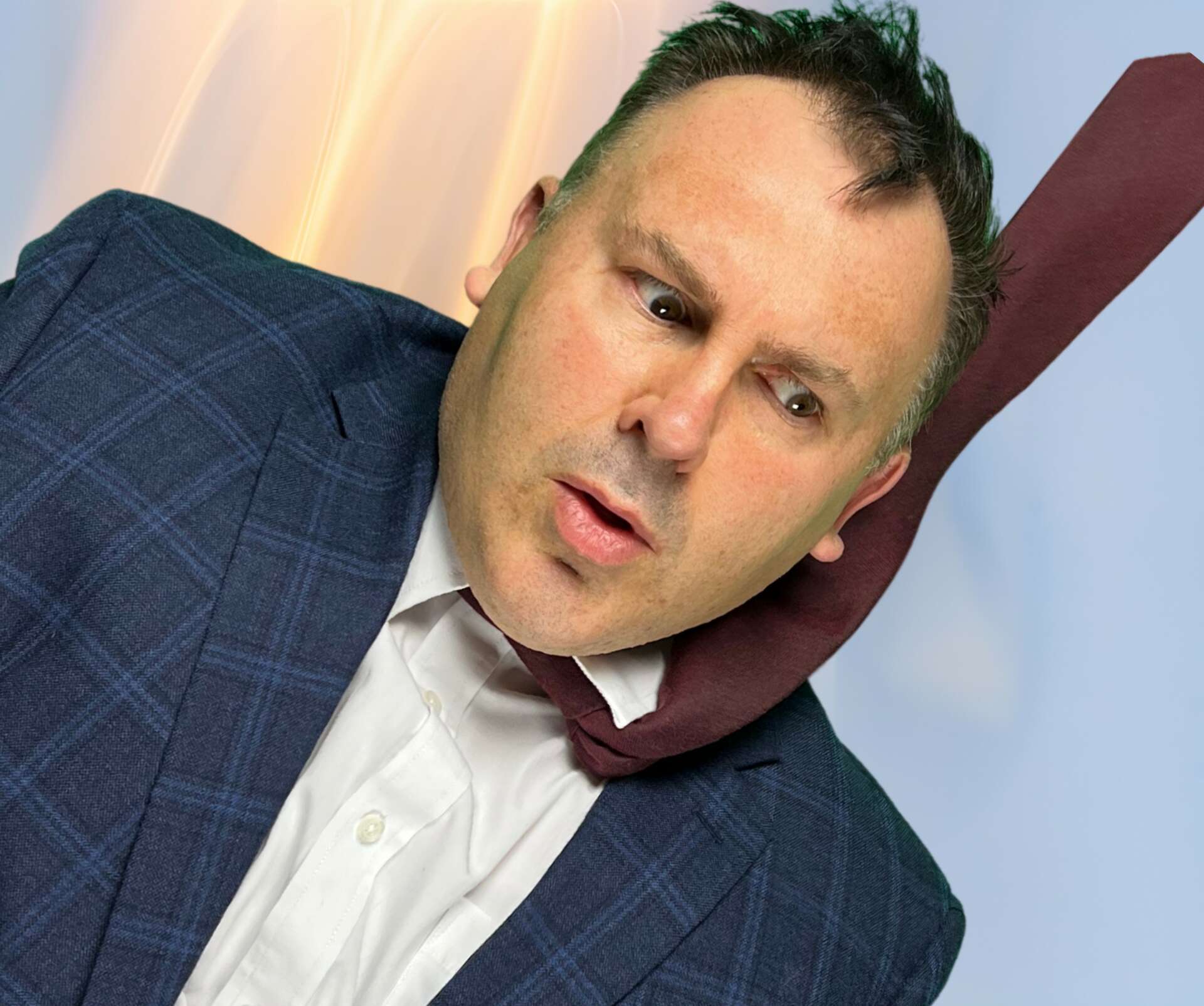
Contact Info:
- Website: https://www.jamiecampbellcomedy.com/
- Instagram: https://www.instagram.com/jamiecampbellcomedy/
- Facebook: https://www.facebook.com/adventuresincomedy
- Linkedin: https://www.linkedin.com/in/jamie-campbell-a643781a/
- Twitter: https://twitter.com/jamiecampbell79
- Youtube: https://www.youtube.com/channel/UCFGWhlo0A0EkMme14-o0cLw
Image Credits
Personal Photo: Thomas Rex Additional Photos: 1: Adrienne Allin 2-4: Thomas Rex 5: Crosswinds Counseling 6: Manon Halliburton 7: Thomas Rex


